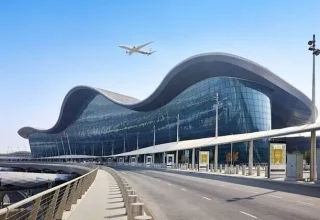
Pakistan’s increasing frequency of internet shutdowns is taking a significant toll on the nation’s economy, particularly affecting businesses that transitioned to online operations during the COVID-19 pandemic. The latest report from the Overseas Investors Chamber of Commerce and Industry (OICCI) puts these losses into perspective.
These disruptions have severe economic consequences, with internet blackouts resulting in a direct 0.57% loss to the country’s GDP, equivalent to Rs 1.3 billion. When factoring in indirect losses, the total economic impact climbs to an estimated Rs. 1.7 billion, based on 2023 figures.
In developing nations like Pakistan, internet connectivity is crucial in modernizing public services through digital public infrastructure (DPI) and enabling businesses to compete in the global marketplace. However, recent actions suggest Pakistan may be regressing in its digital transformation efforts. A notable internet shutdown in August 2023 reportedly cost e-commerce businesses 30% of their revenue.
Experts argue that for Pakistan to realize its potential as a thriving digital economy, the government must prioritize widespread, affordable internet access and invest in robust digital infrastructure. The current trend of internet shutdowns is counterproductive and risks stifling the country’s economic growth in an increasingly digital world.
Speaking of limited internet access, recent data reveals that over 58% of Pakistan’s population has access to mobile internet networks but has not yet subscribed to these services.
This substantial gap between availability and adoption highlights a potential growth area for the telecom sector. Industry experts suggest that telecom providers could tap into this large pool of potential subscribers by improving affordability and enhancing service quality. Such expansion could boost the sector’s revenues and contribute to Pakistan’s broader digital transformation goals.







































